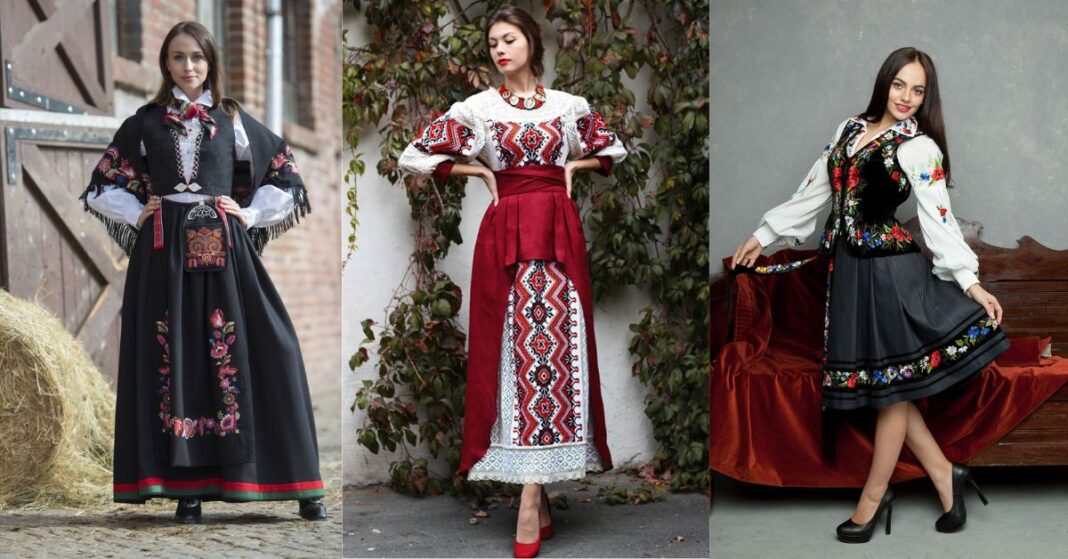Folklore dress represents more than just clothing ,it’s a vibrant tapestry of cultural storytelling, artistic expression, and historical legacy. In the world of fashion, “Folklore Dress to Impress” isn’t merely a trend; it’s a profound celebration of global diversity, craftsmanship, and the rich textile traditions that connect us across continents.
Each traditional outfit carries generations of wisdom, symbolic meanings, and intricate craftsmanship. From the elaborate embroideries of Eastern European vyshyvankas to the flowing silks of Asian kimonos, folklore dress invites fashion enthusiasts to explore a world where every stitch tells a story.
In this comprehensive guide, we’ll journey through 22 remarkable folklore dress outfit ideas that not only pay homage to cultural traditions but also offer stunning, impressive styling options for modern fashion lovers.
1. Russian Sarafan Elegance
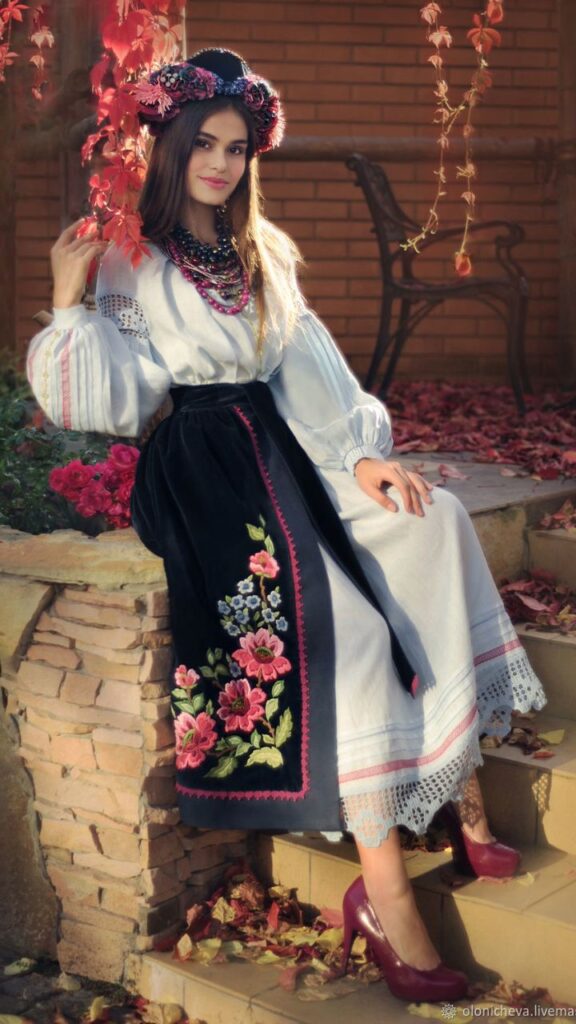
The Historical Roots of Sarafan
The Russian sarafan transcends mere clothing—it’s a cultural emblem representing femininity, grace, and tradition. Originating in the 18th century, this pinafore-style dress symbolized social status and regional identity.
Modern Styling Tips
- Pair with intricate white blouses
- Accessorize with traditional kokoshnik headpieces
- Choose rich, vibrant colors like deep red or royal blue
| Sarafan Element | Traditional Characteristic | Modern Interpretation |
| Fabric | Cotton, wool | Silk, velvet, contemporary blends |
| Embroidery | Regional patterns | Minimalist or abstract designs |
| Accessories | Silver jewelry | Gold-toned modern accessories |
2. Scottish Highland Flair
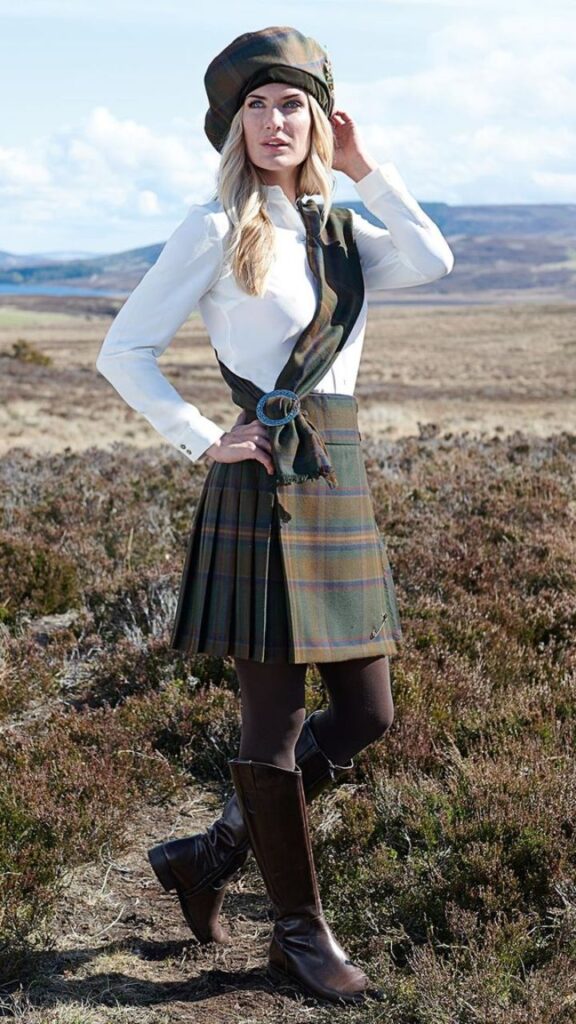
Tartan: More Than Just a Pattern
Scottish tartans represent clan heritage, familial connections, and a profound sense of national pride. Each detailed pattern conveys a distinctive tale of heritage and historical importance.
Styling for Contemporary Audiences
- Select clan-specific or neutral tartan designs
- Mix traditional elements with modern tailoring
- Incorporate subtle tartan accessories for versatility
Highland Outfit Essentials:
- Kilt or tartan-inspired skirt
- Crisp white dress shirt
- Leather accessories
- Traditional Celtic brooches
3. Mexican Tehuana Vibrancy
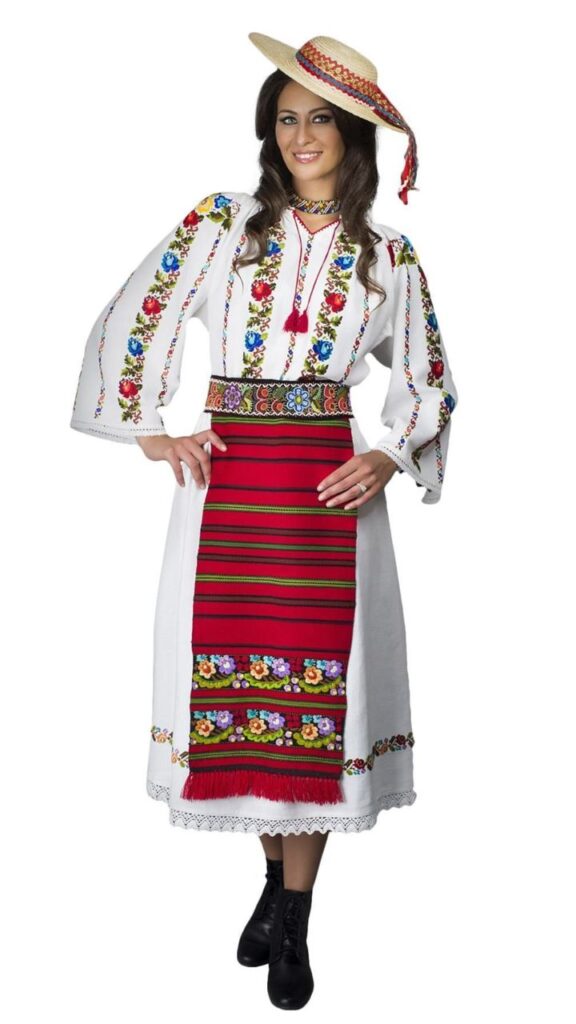
Cultural Significance of Tehuana Dress
Originating in Oaxaca, the Tehuana dress represents female empowerment, celebrating the matriarchal societies of indigenous Mexican communities.
Styling Contemporary Looks
- Incorporate embroidered huipil blouses
- Mix traditional patterns with modern silhouettes
- Choose vibrant color combinations
Tehuana Outfit Components:
- Embroidered blouse
- Full, flowing skirt
- Statement jewelry
- Floral hair accessories
4. Indian Saree Sophistication
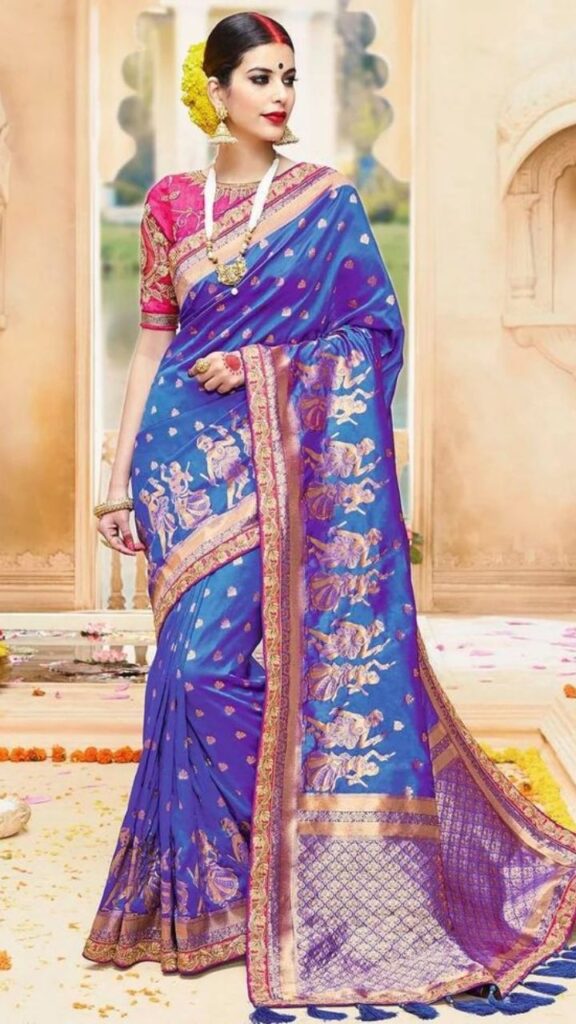
The Art of Saree Draping
Sarees represent centuries of textile innovation, regional diversity, and artistic expression. Each draping style reflects unique cultural nuances.
Modern Saree Styling
- Experiment with pre-stitched saree designs
- Choose lightweight, contemporary fabrics
- Pair with modern blouse cuts
| Saree Element | Traditional Approach | Contemporary Twist |
| Fabric | Pure silk | Georgette, chiffon blends |
| Blouse Design | Conservative cuts | Crop tops, off-shoulder styles |
| Accessories | Heavy gold jewelry | Minimalist metallic pieces |
5. German Dirndl Charm
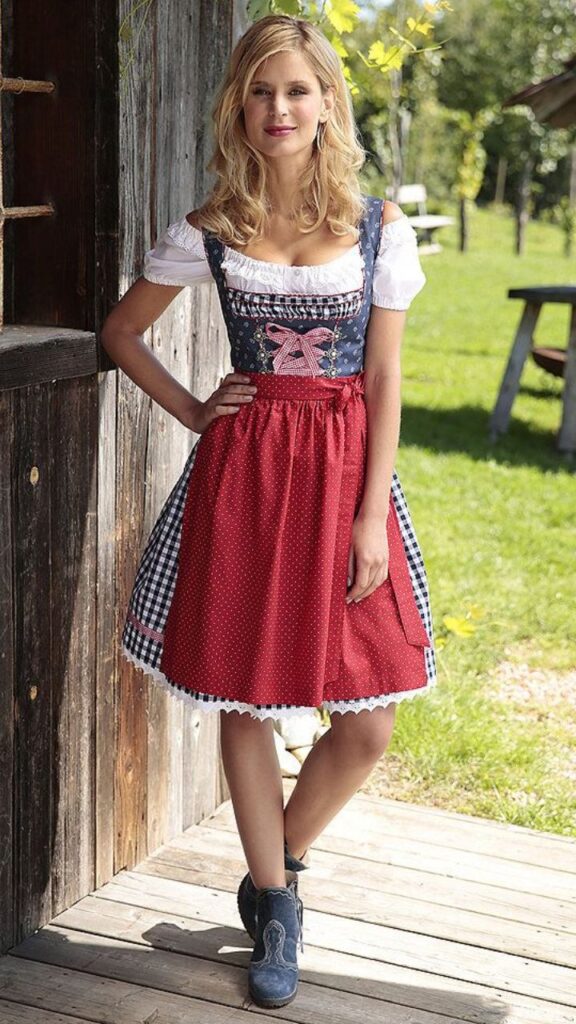
Historical Context of Dirndl
The traditional Bavarian dirndl emerged as peasant attire, evolving into a symbol of cultural pride and feminine elegance.
Contemporary Dirndl Inspiration
- Select fitted bodices with modern cuts
- Experiment with length variations
- Incorporate dirndl-inspired elements in everyday wear
Dirndl Styling Guide:
- Choose complementary color combinations
- Focus on precise tailoring
- Add contemporary accessories
- Balance traditional and modern aesthetics
6. Japanese Kimono Grace
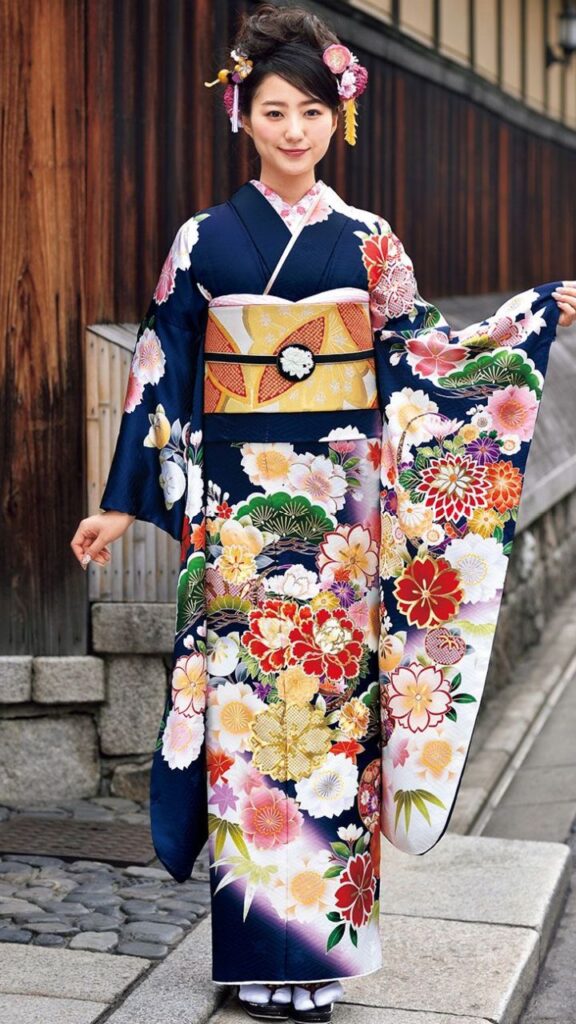
Kimono: A Living Art Form
The Japanese kimono transcends clothing, representing a sophisticated art form that embodies centuries of cultural refinement and aesthetic philosophy.
Contemporary Kimono Styling
- Layer with modern blazers
- Choose lightweight fabrics for casual wear
- Experiment with obi belt styling
Kimono Styling Elements:
- Seasonal color selection
- Precise fabric draping
- Thoughtful accessory pairing
- Respectful cultural interpretation
7. West African Ankara Boldness
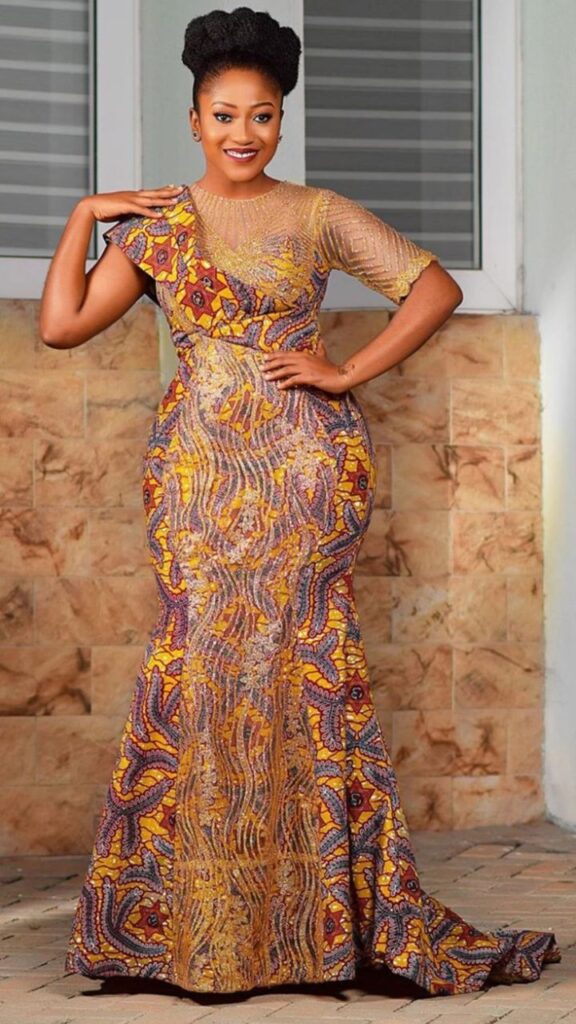
Cultural Significance of Ankara Fabric
Ankara represents more than textile, it’s a vibrant language of identity, resistance, and cultural pride in West African communities.
Modern Ankara Fashion Strategies
- Mix prints with solid colors
- Create statement pieces
- Support African designers
| Ankara Style | Traditional Approach | Contemporary Interpretation |
| Fabric Use | Full outfits | Accent pieces, accessories |
| Color Palette | Bold, saturated | Nuanced, sophisticated |
| Design Complexity | Intricate patterns | Minimalist, strategic placement |
8. Native American Regalia Respect
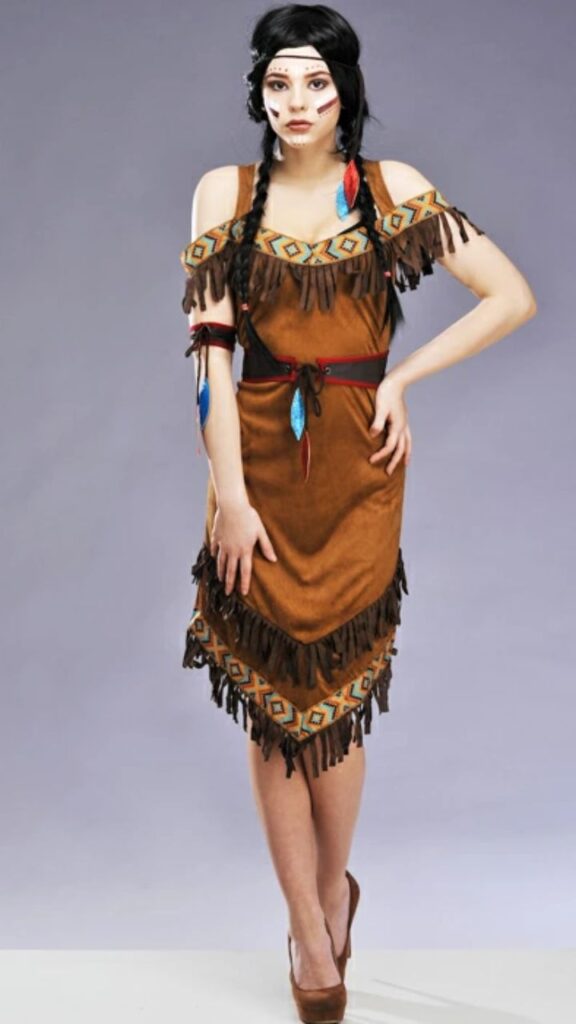
Cultural Heritage and Symbolism
Native American clothing carries profound spiritual and historical significance, representing tribal identity and ancestral connections.
Ethical Fashion Considerations
- Support Indigenous designers
- Understand cultural context
- Avoid stereotypical representations
Respectful Engagement Principles:
- Research cultural meanings
- Seek authentic representation
- Prioritize Indigenous voices
- Avoid cultural appropriation
9. Polish Folk Finery
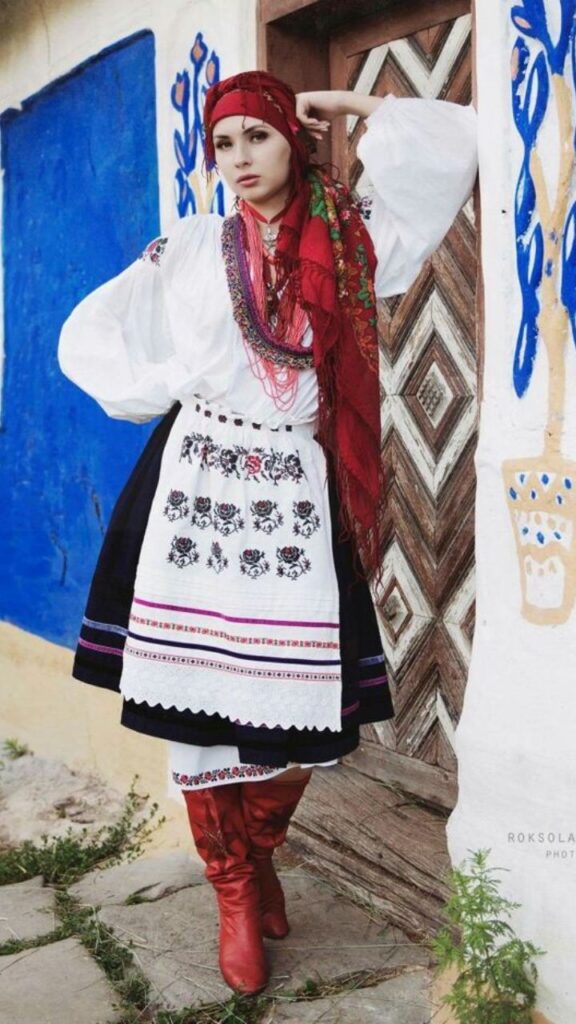
Roots of Polish Traditional Dress
Polish folk costumes reflect regional diversity, agricultural traditions, and intricate craftsmanship passed through generations.
Modern Polish Folk Inspiration
- Incorporate embroidery elements
- Choose subtle traditional references
- Celebrate textile artistry
Polish Folk Fashion Guide:
- Explore regional variation
- Appreciate handcrafted details
- Balance traditional and contemporary aesthetics
10. Spanish Flamenco Flair
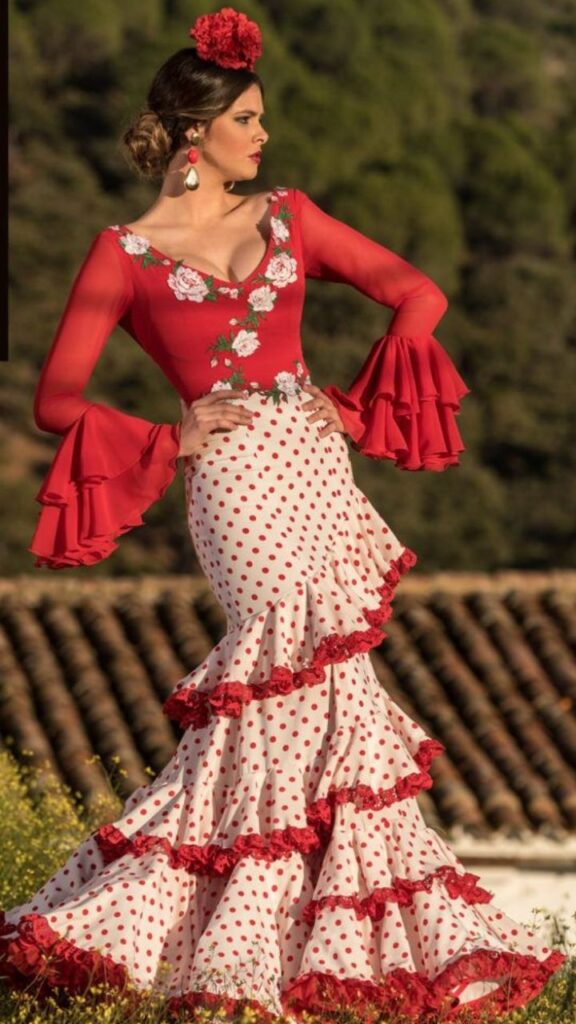
Flamenco: Dance and Fashion Fusion
Flamenco dress embodies passionate expression, combining movement, music, and sartorial drama.
Styling Flamenco-Inspired Looks
- Focus on structured silhouettes
- Experiment with ruffled details
- Choose bold color palettes
| Flamenco Element | Traditional Characteristic | Modern Adaptation |
| Dress Structure | Fitted bodice, full skirt | Deconstructed, asymmetrical cuts |
| Color Palette | Red, black, white | Expanded, unexpected combinations |
| Accessories | Dramatic hair flowers | Minimalist statement pieces |
11. Ukrainian Vyshyvanka Charm
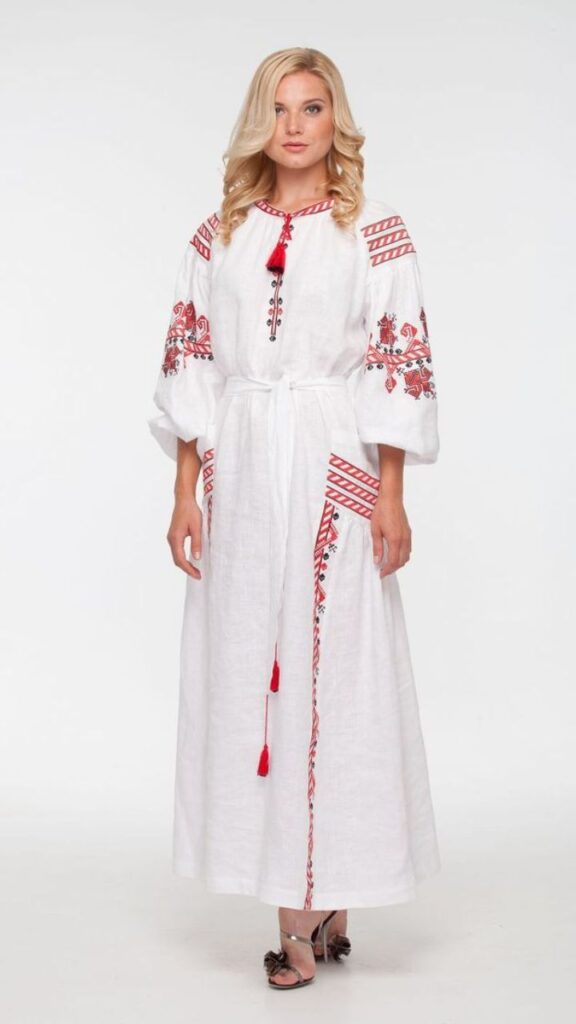
Symbolic Embroidery Traditions
Ukrainian vyshyvankas represent more than clothing—they are intricate storytelling canvases where each thread carries deep cultural and spiritual significance.
Modern Vyshyvanka Styling
- Pair with contemporary bottoms
- Choose subtle embroidery for versatility
- Explore color symbolism
Vyshyvanka Styling Elements:
- Understand traditional color meanings
- Balance traditional and modern cuts
- Appreciate handcrafted details
- Respect cultural symbolism
12. Greek Chiton Simplicity
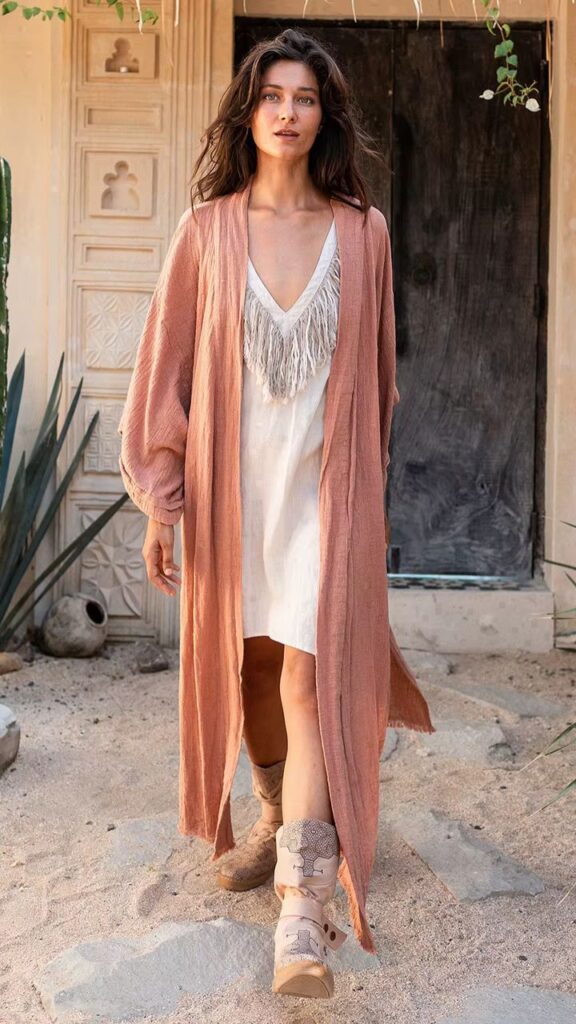
Ancient Textile Philosophy
The Greek chiton embodies principles of simplicity, elegance, and functional design that have influenced fashion for millennia.
Contemporary Chiton Inspiration
- Choose fluid, draped fabrics
- Experiment with minimalist accessories
- Focus on elegant silhouettes
| Chiton Element | Classical Approach | Modern Interpretation |
| Fabric | Linen, wool | Lightweight modern blends |
| Draping | Precise folding | Relaxed, interpretive styles |
| Accessories | Metallic clasps | Minimalist belts, jewelry |
13. Korean Hanbok Elegance
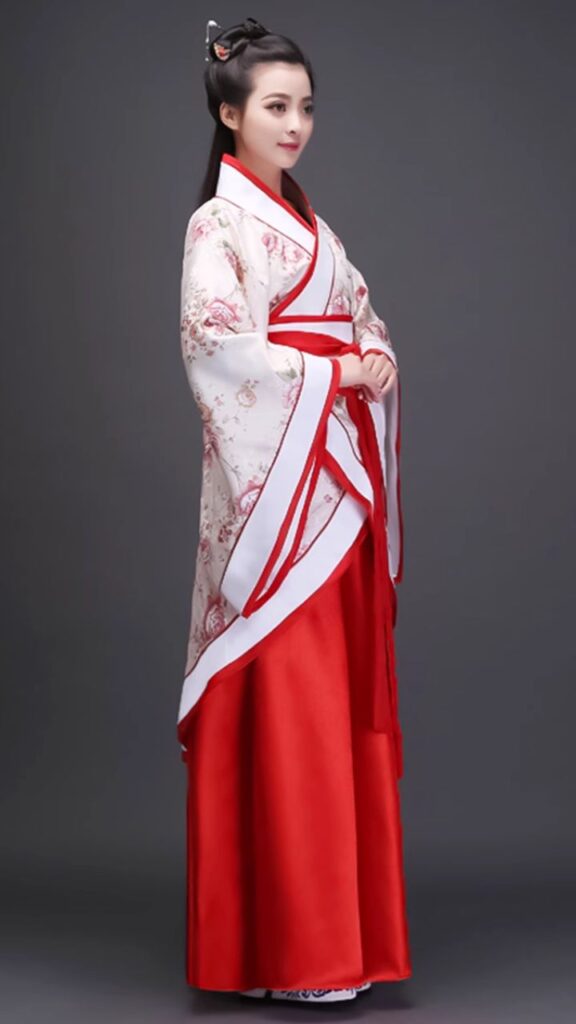
Cultural Identity Through Clothing
Korean hanboks represent a sophisticated visual language of social status, seasonal changes, and cultural refinement.
Modern Hanbok Fashion
- Explore contemporary fabric choices
- Adapt traditional silhouettes
- Celebrate color symbolism
Hanbok Styling Guide:
- Understand color significance
- Preserve elegant lines
- Mix traditional and modern elements
- Respect cultural heritage
14. Moroccan Kaftan Luxury
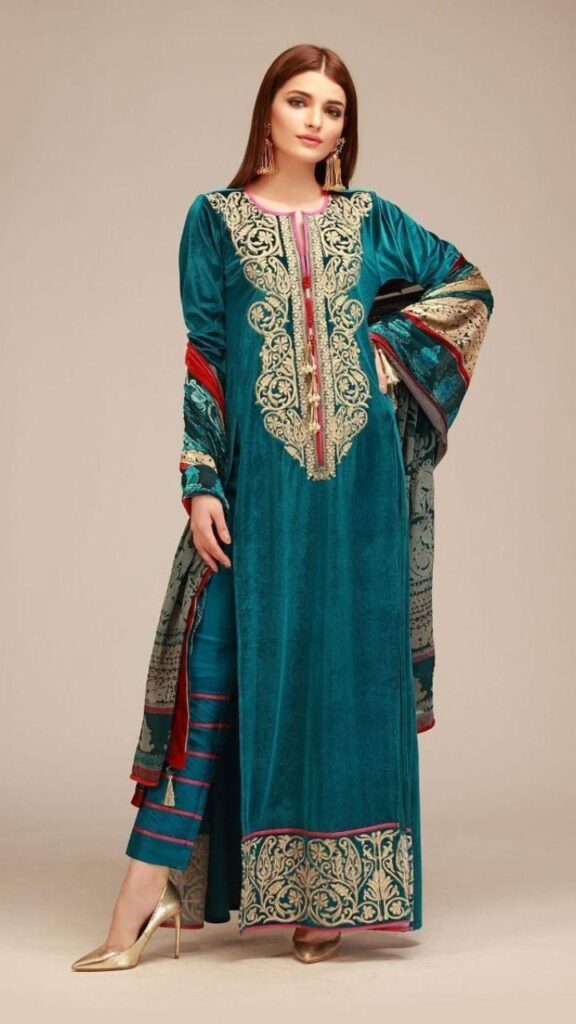
Textile Artistry and Tradition
Moroccan kaftans embody centuries of textile craftsmanship, reflecting intricate design philosophies and cultural aesthetics.
Contemporary Kaftan Styling
- Choose lightweight fabrics
- Experiment with layering
- Focus on elegant draping
Kaftan Fashion Principles:
- Appreciate intricate embellishments
- Explore versatile styling options
- Celebrate cultural craftsmanship
- Balance tradition and modernity
15. Viking-Inspired Warrior Chic
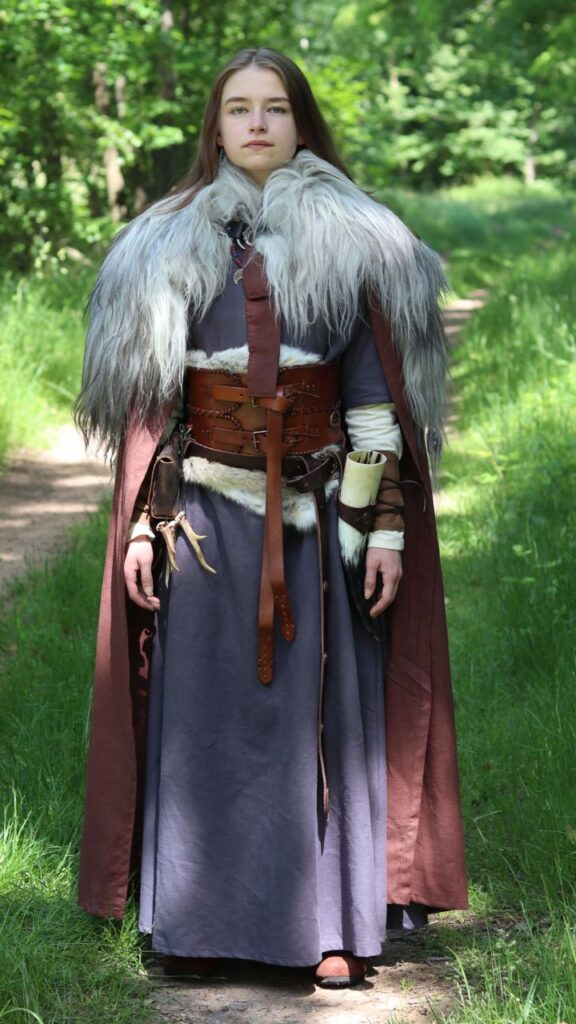
Norse Cultural Expression
Viking clothing represents more than protection—it symbolizes cultural identity, social structures, and personal narratives.
Modern Viking-Inspired Fashion
- Incorporate textural elements
- Choose sustainable materials
- Explore minimalist Norse aesthetics
| Viking Fashion Element | Traditional Characteristic | Contemporary Adaptation |
| Fabrics | Wool, leather | Sustainable, performance fabrics |
| Accessories | Metalwork, practical tools | Minimalist Norse-inspired jewelry |
| Color Palette | Earth tones | Expanded, nuanced color choices |
16. Norwegian Bunad Beauty
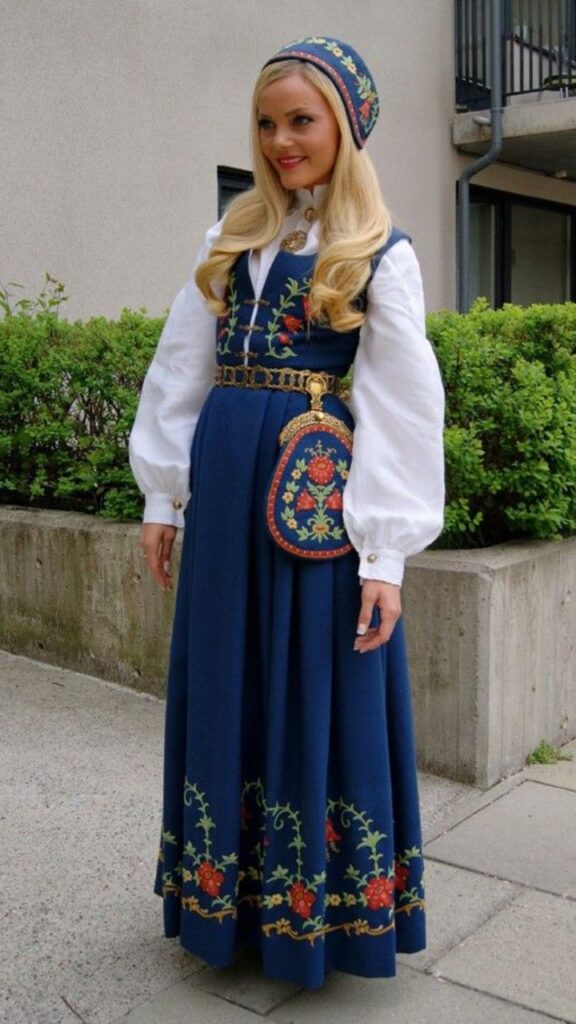
Regional Cultural Preservation
Norwegian bunads represent intricate regional identities, preserving local textile traditions and familial histories.
Modern Bunad Inspiration
- Understand regional variations
- Appreciate embroidery techniques
- Celebrate cultural heritage
Bunad Styling Principles:
- Research regional designs
- Respect traditional craftsmanship
- Explore subtle modern interpretations
17. Peruvian Pollera Grace
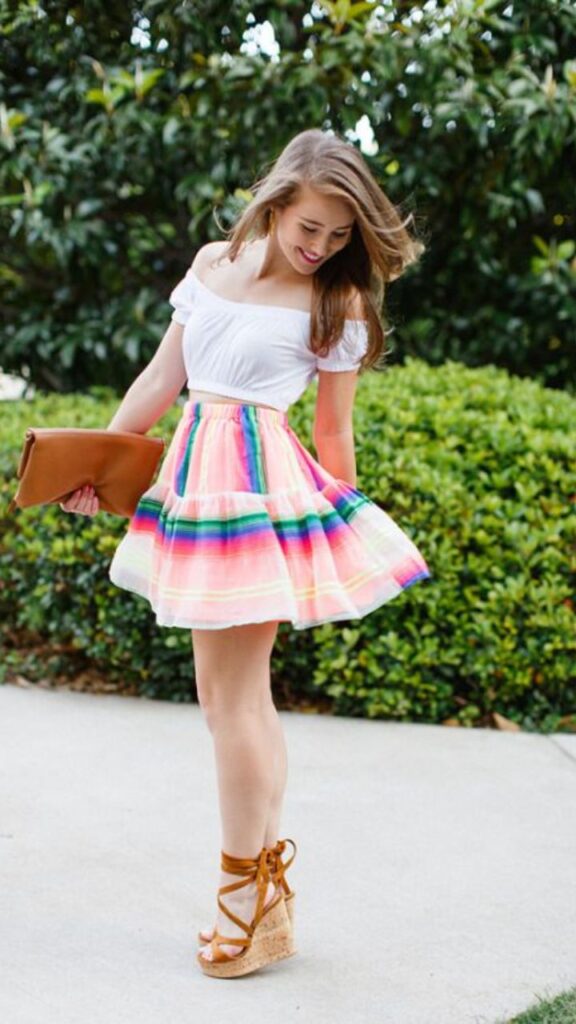
Andean Textile Traditions
Peruvian polleras reflect complex cultural narratives, representing indigenous textile skills and community identities.
Contemporary Pollera Fashion
- Explore contemporary fabric choices
- Appreciate intricate weaving techniques
- Celebrate cultural diversity
Pollera Styling Guide:
- Understand regional design variations
- Respect traditional craftsmanship
- Explore modern interpretations
- Support indigenous textile artists
18. Chinese Qipao Elegance
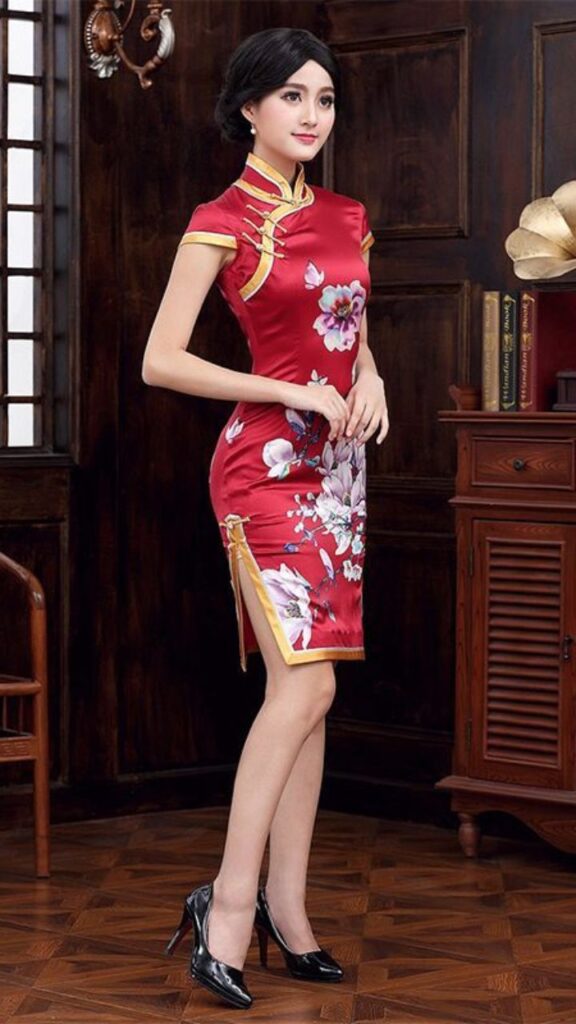
Modern Interpretations of Tradition
The qipao represents a sophisticated fusion of Chinese cultural heritage and contemporary fashion sensibilities.
Qipao Styling Strategies
- Choose contemporary fabrics
- Explore modern silhouettes
- Celebrate cultural aesthetics
| Qipao Element | Traditional Approach | Contemporary Adaptation |
| Fabric | Silk, structured | Lightweight, flexible materials |
| Fit | Strictly tailored | More adaptable, diverse cuts |
| Accessories | Traditional jewelry | Minimalist, modern pieces |
19. Hawaiian Muumuu Comfort
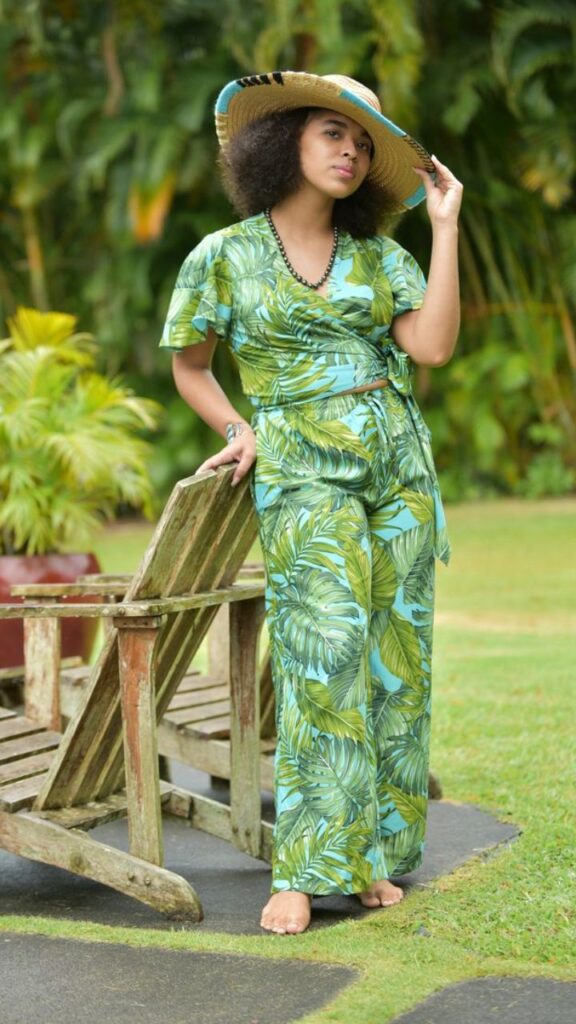
Cultural Textile Expression
Hawaiian muumuus represent a fusion of indigenous and imported textile traditions, celebrating comfort and cultural identity.
Modern Muumuu Styling
- Explore contemporary prints
- Choose lightweight fabrics
- Celebrate tropical aesthetics
Muumuu Fashion Principles:
- Appreciate cultural origins
- Explore comfortable silhouettes
- Celebrate vibrant prints
- Respect cultural context
20. Ethiopian Habesha Kemis
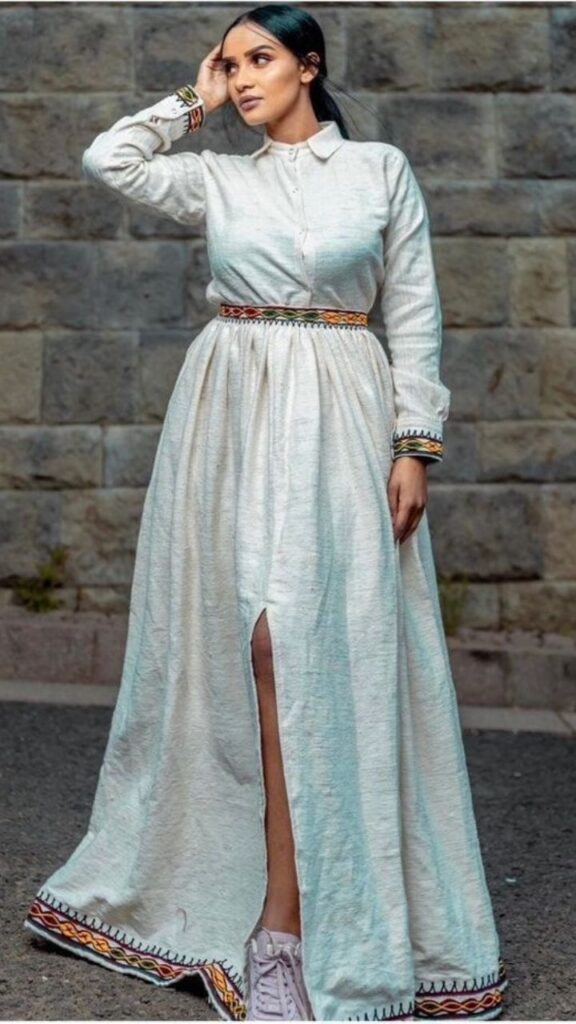
Textile Traditions and Identity
Ethiopian Habesha kemis represents a sophisticated textile tradition celebrating cultural heritage and artistic expression.
Contemporary Kemis Styling
- Choose lightweight fabrics
- Explore subtle modern adaptations
- Celebrate traditional craftsmanship
Habesha Kemis Styling Guide:
- Appreciate hand-embroidered details
- Explore contemporary color palettes
- Respect cultural significance
21. Indonesian Kebaya Charm
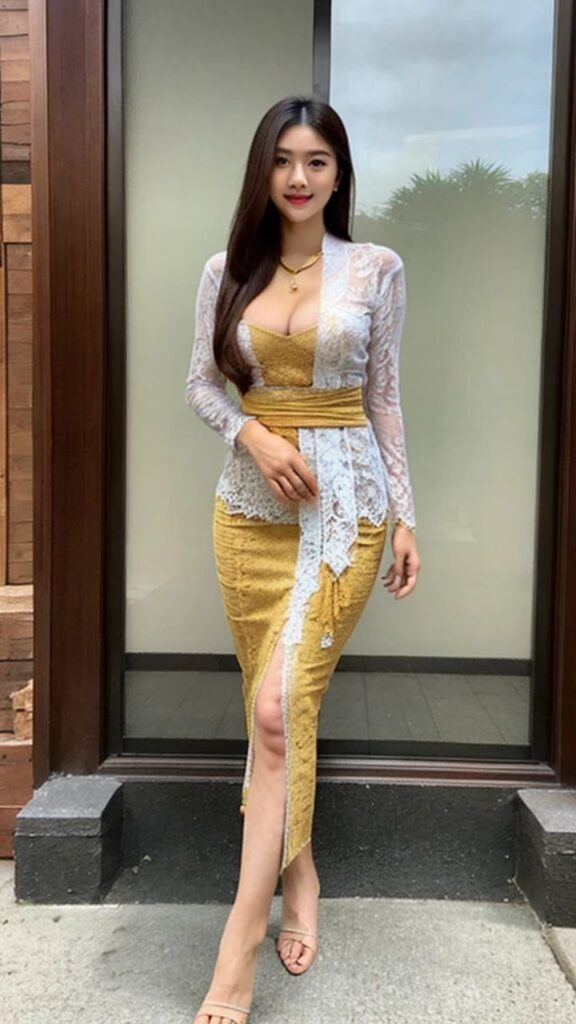
Cultural Textile Sophistication
Indonesian kebayas represent a nuanced textile tradition balancing elegance, cultural identity, and personal expression.
Modern Kebaya Interpretation
- Explore contemporary fabric choices
- Balance traditional and modern aesthetics
- Celebrate cultural diversity
| Kebaya Element | Traditional Characteristic | Contemporary Adaptation |
| Fabric | Delicate lace | Modern, flexible materials |
| Styling | Strictly structured | More adaptable silhouettes |
| Accessories | Traditional jewelry | Minimalist, modern pieces |
22. Native American Ribbon Skirt
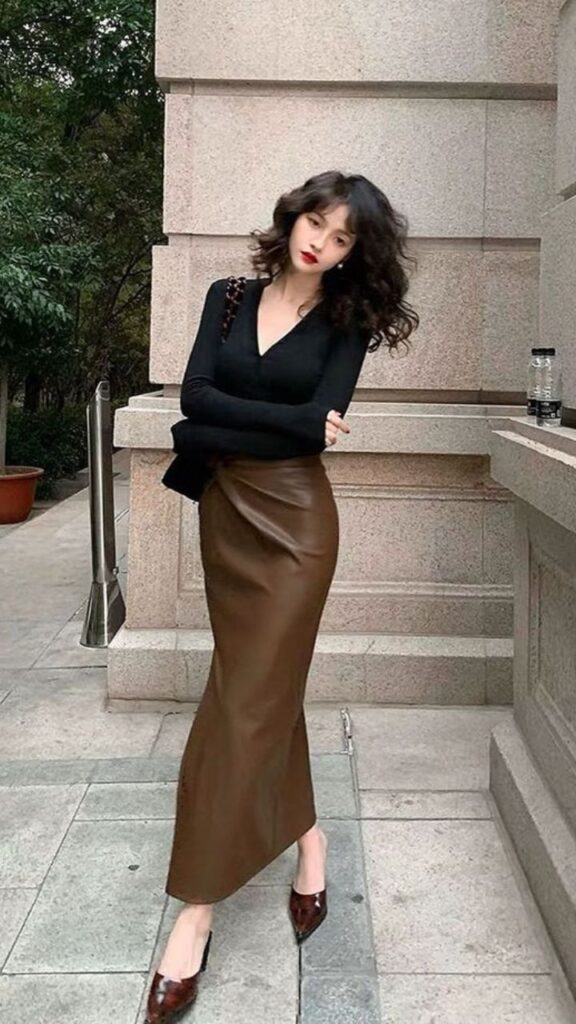
Cultural Resilience and Expression
Native American ribbon skirts represent cultural resistance, identity, and ongoing traditions of textile artistry.
Respectful Fashion Engagement
- Support Indigenous designers
- Understand cultural significance
- Celebrate textile traditions
Ribbon Skirt Principles:
- Respect cultural origins
- Understand symbolic meanings
- Support Indigenous artisans
- Celebrate cultural diversity
Conclusion: Embracing Cultural Fashion
Folklore dress represents a powerful intersection of fashion, history, and cultural identity. By respectfully incorporating traditional elements into modern wardrobes, we celebrate global diversity and artistic heritage.
These 22 outfit ideas demonstrate that folklore fashion is not about costume, it’s about connection, storytelling, and honoring the incredible textile traditions that unite humanity.
Frequently Asked Questions
What makes an outfit a “folklore dress”?
A folklore dress incorporates traditional cultural design elements, symbolic patterns, and historical textile techniques.
How can I style folklore outfits without cultural appropriation?
Respect cultural origins, learn about the outfit’s significance, and support artisan creators from those cultures.
Are folklore dresses only for special occasions?
Modern interpretations allow folklore-inspired pieces in everyday and professional settings.
How do I choose the right folklore-inspired outfit?
Consider your personal style, body type, and the cultural context of the design.
Can men wear folklore-inspired fashion?
Absolutely! Many traditional outfits have masculine versions or can be creatively adapted.

